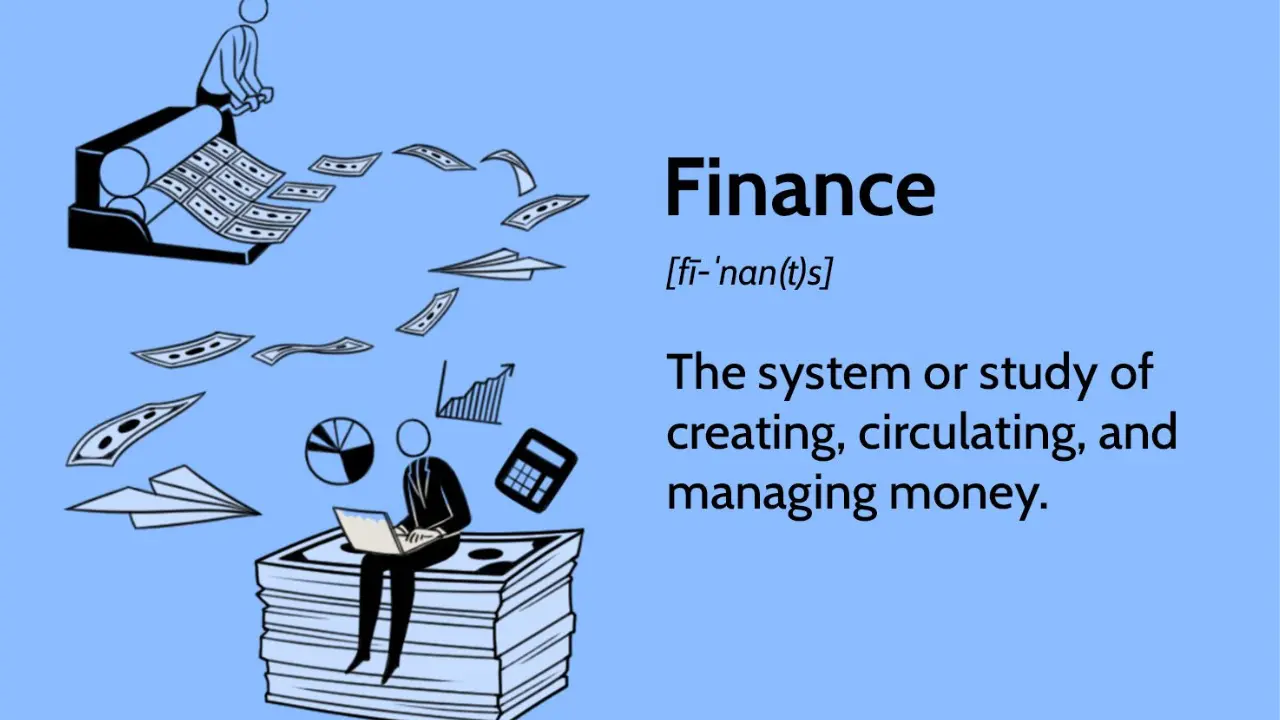Managing your money can be challenging, but it doesn’t have to be overwhelming. By following some simple steps, you can organize your finances and take control of your financial situation. In this article, we will discuss A Guide for Anyone Looking to Get Their Finances in Order and pave the way for a more secure future. Here are 10 tips for getting your finances in order.
1. Create a Budget
Making a budget is an important first step in organizing your finances, and it’s simple to do. Sticking to it is another matter! List all of your recurring monthly costs, such as rent, utilities, insurance, car payments, etc., in a notebook or spreadsheet. Next, list all of your other “non-fixed” expenses, including those for entertainment, clothing, dining out, and other luxuries. Then, write down your monthly income from all sources. To determine how much money you have each month left over, subtract your total monthly expenses from your total monthly income. This is your savings or debt repayment amount. If your expenses exceed your income, you must either find ways to reduce your spending or boost your earnings.
2. Track Your Spending
You need to keep track of your spending if you want to stick to your budget and reach your financial objectives. You can keep track of every purchase you make using an app, a spreadsheet, or a notebook. This will enable you to track your spending and find areas where you can increase your savings. Additionally, you can make necessary adjustments by comparing your actual spending to your budgeted amounts.
3. Automate Your Bills
Automating your bill payments is one of the simplest ways to organize your finances. You will be able to prevent late fees, interest charges, and harm to your credit score by doing this. For the majority of your bills, you can set up automatic payments online or over the phone. You can also use a calendar or an app to remind you of due dates for bills that cannot be automated.
4. Pay Off Debt
Another difficult-but-necessary step in getting your finances in order is consolidating and paying down debt. You should pay at least double the minimum payment plus the finance charge every month. Transfer balances to one or two cards with low APRs to help you keep track of credit card debt. You can also use the debt snowball or debt avalanche method to pay off your debts faster. The debt snowball method involves paying off the smallest debt first and then moving on to the next one until all debts are paid off. The debt avalanche method involves paying off the highest-interest debt first and then moving on to the next one until all debts are paid off.
5. Build an Emergency Fund
An emergency fund is a savings account that you only use for unanticipated costs, such as auto repairs, medical expenses, or lost employment. When something goes wrong, having an emergency fund can prevent you from incurring debt or using up your retirement savings. Your emergency fund should ideally hold enough money to cover your living expenses for three to six months. You can begin by setting aside a small sum each month until you reach your target.
6. Save for Retirement
One of the most significant financial objectives you should have is saving for retirement. The earlier you begin saving, the more time your funds have to compound and grow. You ought to benefit from any retirement plans that your employer sponsors and offers tax advantages and matching contributions, such as 401(k)s or IRAs. Additionally, you ought to spread out your investments among various asset classes, including stocks, bonds, and cash equivalents. A general rule of thumb is to save at least 15% of your income for retirement.
7. Review Your Insurance Policies
In order to organize your finances, insurance is yet another crucial component. Insurance can shield you and your loved ones from monetary losses brought on by mishaps, illnesses, legal actions, or natural disasters. Make sure your insurance policies are still appropriate for your needs and situation at least once a year by reviewing them. Some of the common types of insurance you may need include:
- Health insurance
- Life insurance
- Disability insurance
- Homeowners’ or renters’ insurance
- Auto insurance
- Liability insurance
8. Organize Your Financial Documents
It can be simpler for you to manage your money and make future plans if all of your financial documents are organized and easily accessible. Important documents like bank statements, tax returns, pay stubs, receipts, contracts, wills, etc. should be kept in a safe location. You can also scan and store them digitally on a cloud service or an external hard drive. You should also shred and dispose of any documents that are no longer needed or contain sensitive information.
9. Check Your Credit Report and Score
Your credit report and score are important determinants of your credibility and financial well-being. They could impede your ability to obtain credit cards, loans, mortgages, and even employment. Each of the three major credit bureaus, Equifax, Experian, and TransUnion, should provide you with a free copy of your credit report at least once a year. By visiting www.annualcreditreport.com, you can do this online. A mistake or discrepancy should be looked for, and if necessary, disputed. You should also check your credit score regularly and take steps to improve it if it’s low. Some of the factors that affect your credit score include:
- Payment history
- Credit utilization
- Length of credit history
- Credit mix
- New credit inquiries
10. Set Financial Goals and Monitor Your Progress
The last but not least tip for getting your finances in order is to set specific, measurable, achievable, realistic, and time-bound (SMART) financial goals and monitor your progress. Having financial goals can help you stay motivated and focused on your money management. Some examples of financial goals are:
- Saving for a vacation
- Paying off debt
- Buying a house
- Starting a business
- Retiring early
You should write down your financial goals and break them down into smaller steps. You should also track your progress and celebrate your achievements along the way.
Getting your finances in order may seem daunting, but it’s not impossible. By following these 10 tips, you can take charge of your money and improve your financial well-being.




I do agree with all the ideas you have presented in your post. They’re very convincing and will definitely work. Still, the posts are too short for novices. Could you please extend them a bit from next time? Thanks for the post.